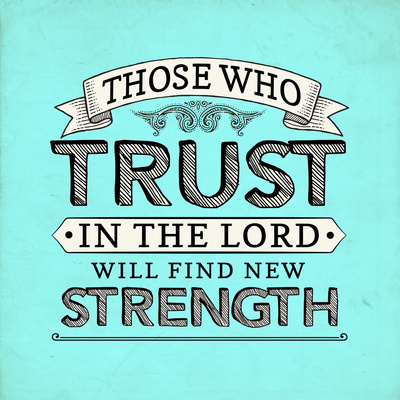America today….
As we look at our government and our inability to fight a war for a reason, I see shared sacrifice associated with war thereby improving equality followed by loss of freedom associated with terrorism. America today differs considerably from early days in terms of shared sacrifice when we have more than half the budget in…




